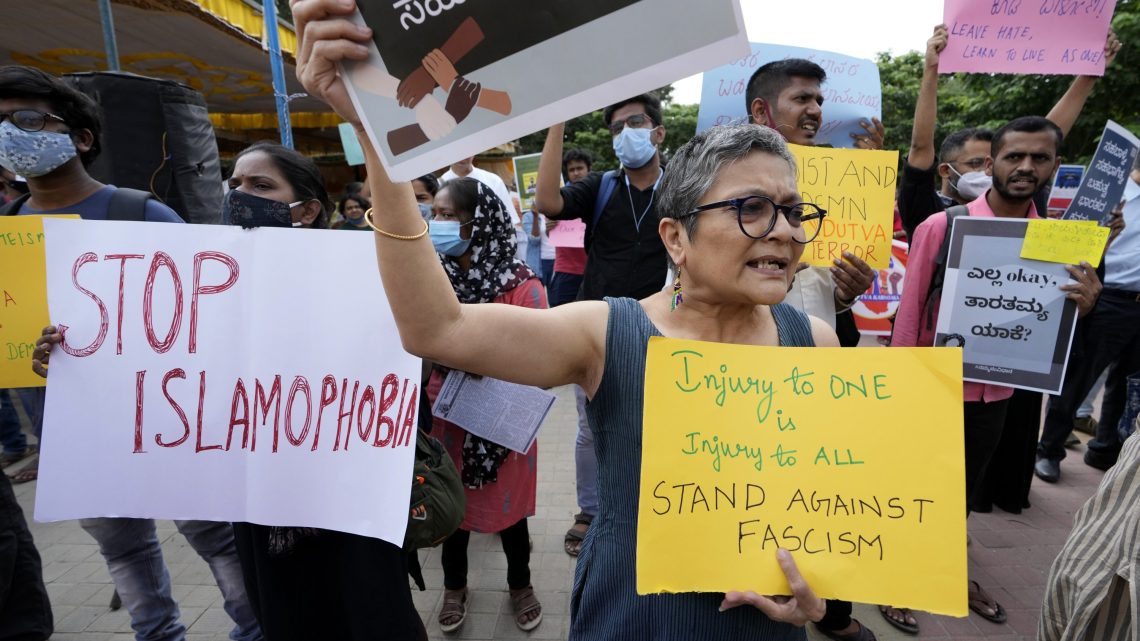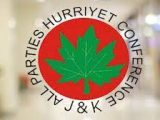
India leads in pouring Anti-Muslim Sentiments: Islamic Council of Victoria Report
December 28, 2023In a groundbreaking annual research report for 2022, the Islamic Council of Victoria sheds light on the distressing proliferation of Islamophobia across social media platforms. The report spans the period from August 28, 2019, to August 27, 2021, revealing a shocking 3.75 million Islamophobic posts on Twitter. What’s even more concerning is that, after nearly a year, a significant 85% of these posts persist, perpetuating discrimination and fostering a hostile online environment.
Geographically, the report identifies India, the United States, and the United Kingdom as hotspots, with approximately 86% of geolocated anti-Muslim posts originating from these nations. This concentration underscores the pressing need for immediate action and intervention by the governments of these countries.
The themes identified within these Islamophobic tweets are deeply troubling. They include associations of Islam with terrorism, the portrayal of Muslim men as perpetrators of sexual violence, and insidious conspiracy theories such as Sharia imposition and ‘population jihad’—the idea of producing more children to fight non-Muslims. These narratives contribute to a toxic online environment that fuels discrimination and poses a direct threat to the safety of Muslim communities.
The report places a critical spotlight on Twitter’s role in this disturbing trend, advocating for the adoption of a policy against screening tweets and, instead, active engagement in the automatic detection and removal of harmful content.
Furthermore, the Islamic Council of Victoria calls upon the governments of India, the United States, and the United Kingdom to recognize the severity of the issue and take immediate legislative action. Recommendations include imposing a statutory duty of care on social media platforms, introducing penalties for non-compliance, and legislating against anti-Muslim hate.
In a heartfelt appeal to the international community, the report urges a unified stance against Islamophobia. This call extends beyond borders, emphasizing the necessity of a collective effort to combat the rising trend of online hatred. The report not only underscores the violation of human rights but also highlights the threat online hate speech poses to global harmony and peace.
To conclude, the report asserts that online hate speech against Muslims not only violates human rights but also threatens global peace. It urges nations like India, the US, and the UK, bound by treaties, to check these dangerous trends by strengthening legal frameworks, holding platforms accountable, and fostering online respect. The call is clear: silence is complicity. By bridging the digital divide with understanding instead of prejudice, a future where online and offline worlds reflect the values of peace, tolerance, and human rights for all can be built together.

